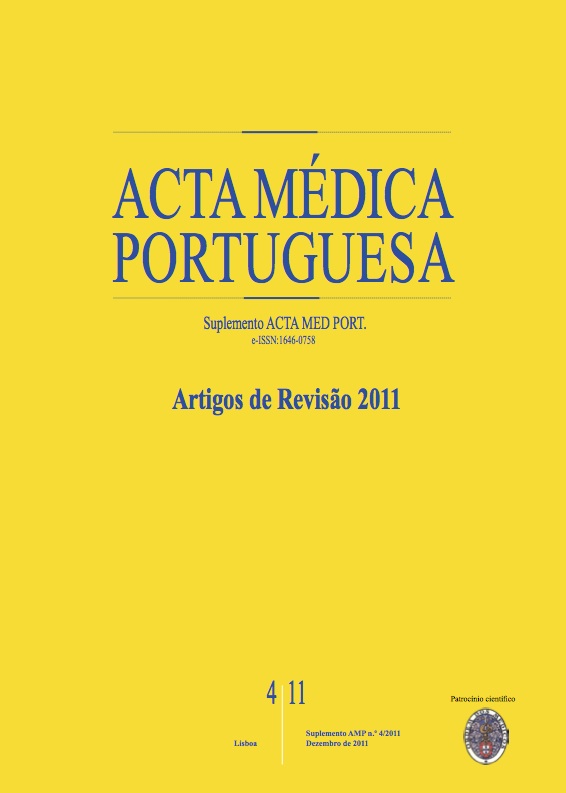Echocardiography by the non-cardiologist: a curriculum for the fast track strategy.
DOI:
https://doi.org/10.20344/amp.1597Abstract
A formal echocardiographic approach in a general intensive care unit requires a 24 hour availability of an expert in echocardiography, who could not be easily found. Therefore, a goal-directed echocardiogram strategy specifically tailored to the intensivist should be created. The concept of goal-directed echocardiography (GDE) has been incompletely evaluated and it is necessary to find a curriculum program to grant proficiency. We propose the Fast-Track Echocardiographic Strategy (FTES) program to accomplish both objectives. All medical associations of echocardiography agree that extensive training and experience are needed to acquire and interpret a formal echocardiogram, however, to answer the five questions of FTES a simpler curriculum program would be enough. The aim of this review study was to propose a curriculum to teach non-cardiologist physicians intensivist (NCPI) to use a GDE such as FTES. A search for published literature, from 1999 until June 2008, in English and French languages in Medline was undertaken in order to find out the most relevant and contemporary studies in this area. Strength of evidence of the articles found was based on five strengths of evidence. A framework for published medical research's critical appraisal and a checklist for sources of bias were used for assessment of studies quality. In overall, all studies showed it was possible to teach NCPI to use a GDE examination. After a critical appraisal of the literature, we proposed FTES program to grant proficiency to NCPI in a GDE, to be used in hemodynamic unstable critically ill patients (hypotension with or without hypoxemia), to answer five simple questions, in order to define an hemodynamic profile and consequently be able to optimize their treatments. In conclusion, probably FTES program should at least be considered.Downloads
Downloads
How to Cite
Issue
Section
License
All the articles published in the AMP are open access and comply with the requirements of funding agencies or academic institutions. The AMP is governed by the terms of the Creative Commons ‘Attribution – Non-Commercial Use - (CC-BY-NC)’ license, regarding the use by third parties.
It is the author’s responsibility to obtain approval for the reproduction of figures, tables, etc. from other publications.
Upon acceptance of an article for publication, the authors will be asked to complete the ICMJE “Copyright Liability and Copyright Sharing Statement “(http://www.actamedicaportuguesa.com/info/AMP-NormasPublicacao.pdf) and the “Declaration of Potential Conflicts of Interest” (http:// www.icmje.org/conflicts-of-interest). An e-mail will be sent to the corresponding author to acknowledge receipt of the manuscript.
After publication, the authors are authorised to make their articles available in repositories of their institutions of origin, as long as they always mention where they were published and according to the Creative Commons license.









